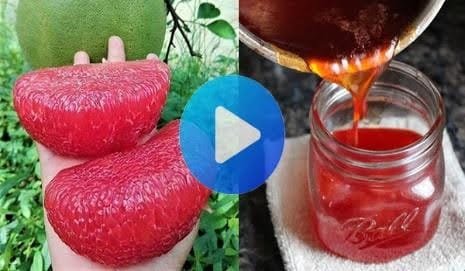From concept to capsule (and much more)
Image by Melissa Feinen / MJH Life Sciences using AI
Creating a new product to bring to the market is time and labor-intensive. It can also be quite costly. That’s why so many manufacturers are looking for the “just right fit” when it comes to working with contract manufacturers. Understanding what’s new in the marketplace is an important consideration. Another is which product categories, dosage formats, and delivery systems are most popular with consumers now. Additionally, is a turnkey solution or a customized approach a better option? These are all essential pieces of the contract manufacturing puzzle to be selected.
What’s #Trending Now in the World of Contract Manufacturing?
President and chief executive officer at Pharmachem Innovations (Kearny, New Jersey), Árpád Széchényi, has his finger on the pulse of the contract manufacturing process at the company. Széchényi states that the biggest trend he’s noticed recently is the evolution of delivery systems. This includes increasing stability, dispersion, taste modulation, or improving bioavailability.
“Consumers today are far better informed about key quality indicators when selecting a supplement brand,” he adds. Because of this, many companies are looking for certifications like NSF or FSSC 22000, and a range of third-party testing options when choosing a manufacturing partner, Széchényi says.
Likewise, he notes, “There is a continuous increase in demand for U.S.-made products, with that trend significantly gaining momentum in the last couple of years.” Pharmachem services this demand out of its facilities in New Jersey and Utah.
Product Categories, Dosage Formats & Delivery Systems: What’s the Most Popular?
Széchényi points out that while fitness, energy, and weight management, along with general health, are large existing categories, the company has recently seen an uptick in the mood and mental health category, as well as in brain health and healthy aging product categories. Clinically studied ingredients derived from whole foods are also something consumers are looking for, Széchényi says.
Lauren Samot, RD, is the commercial innovation leader at Vitaquest (West Caldwell, New Jersey). Samot, who’s been with the company for nearly a decade, points out that longevity-focused supplements are an area of continued interest with consumers. “Heading into 2026, longevity-focused supplements are a growing and emerging category with consumers looking to live longer and have a better quality of life as they age,” says Samot. This is a particularly popular category among Baby Boomers, but its appeal crosses generations as well.
“GLP-1 support is another category where we are seeing an increased demand for supplements,” Samot says. “These are products that support metabolic health and/or support customers nutritionally while they are on a medically supervised weight loss program.” She explains that many of these products may help individuals meet their protein goals, manage side effects, and help support a better routine of wellness.
A category with continued interest is hydration. Stick packs in particular are desirable, states Samot. “These products deliver meaningful amounts of electrolytes—sodium, potassium, chloride, calcium, magnesium, phosphate, and bicarbonate—with flavors that are thirst-quenching and refreshing,” she notes. “Many brands differentiate by providing ingredients for muscle recovery, digestive health, and energy.”
Turnkey vs. Customized Solutions
Széchényi, too, notes a growing interest in stick packs among customers. “We are experiencing strong growth in stick packs, specifically with customers who need turnkey services like formulation, particle engineering support, and manufacturing services,” he says.
According to Samot, consumer interest in supplements that mimic food or drinks, says Samot is on the rise. These include products that fizz like soft drinks or chewable tablets that taste like a confection, for example. “There’s been a tremendous shift toward experiencing nutrition much like we do food, with taste and a sensorial experience,” explains Samot. This, in turn, offers manufacturers a unique opportunity.
At Vitaquest, Samot states that this focus on differentiation helps its customers create unique offerings for their products. “By consistently delivering validated and safe dietary supplements, we help our clients stand out in the marketplace and earn the trust of their customers,” she explains.
In the world of contract manufacturing, innovation continues to meet emerging consumer interests that pose interesting challenges for formulators.
About the Contributing Writer
Joy Choquette is a freelance writer from Vermont.
Source link
Share this article:












